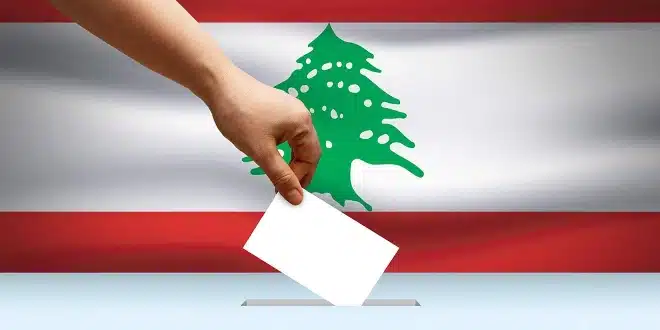Polling stations opened early Sunday morning across Mount Lebanon, marking the beginning of Lebanon’s municipal elections. Voting began at 7:00 a.m. in the six districts of the region, initiating the first phase of the nationwide local electoral process.
According to official data, a total of 9,321 candidates are contesting municipal and mayoral positions, with 1,179 of them being women. In 68 municipalities, results were determined without a vote due to uncontested races.
Shifting Political Alliances and Competitive Contests
Since the last municipal elections held in 2016, Lebanon’s political landscape has experienced significant changes, reflected in newly formed alliances and altered power dynamics. A key point of focus is the leadership of the Union of Northern Metn Municipalities. The current head, Mirna Michel Murr, who has held the position since 1998, faces a challenge from Nicole Amin Gemayel, the municipal leader of Bekfaya-Mhaydtheh.
The Metn district is witnessing intense electoral competition, particularly in the Jdeideh-Bouchrieh-Sadd area. Here, two rival lists are contesting control. One list is supported by the Kataeb Party, the Lebanese Forces, and Member of Parliament Ibrahim Kanaan. Opposing them is a coalition backed by the Free Patriotic Movement (FPM), MP Michel Murr, and prominent local families.
In Jounieh, another high-stakes race is underway. The FPM-aligned list, supported by Juan Hbeish, is competing against a broad coalition. This opposing list includes MPs Neemat Frem and Farid al-Khazen, the Lebanese Forces, the Kataeb Party, and former MP Mansour al-Bon.
Oversight and Security Measures on Election Day
As voting commenced, President Joseph Aoun conducted field visits to key government institutions. His inspection tour included stops at the interior and defense ministries, as well as the serail in Baabda, where he reviewed the security and administrative preparations in place to ensure a smooth election process. He also visited the state-run broadcaster, Tele Liban, in Beirut to monitor media coverage of the event.
These municipal elections are seen as a crucial indicator of Lebanon’s evolving political climate, especially in light of recent economic challenges and shifting voter expectations. With turnout and results closely watched, particularly in competitive areas like Metn and Jounieh, the outcomes may shape future political negotiations and alliances at both the local and national levels.


